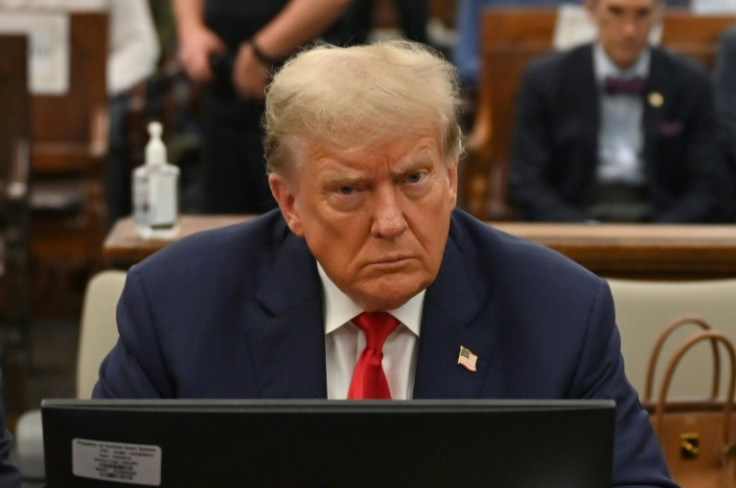Witness Names In Trump Classified Documents Case To Remain Secret, Judge Rules

A federal judge ruled on Tuesday that the identities of potential witnesses in the classified documents case involving Donald Trump will remain secret, thereby resolving a key issue that had impeded progress in the criminal case.
Following extensive debates over what should remain redacted in court filings, Judge Aileen Cannon sided with special counsel Jack Smith's office, deciding that revealing names and other identifying information could potentially endanger the individuals involved.
Smith had strongly opposed a previous order from Cannon advocating for transparency regarding the identification of witnesses, citing concerns about potential witness harassment.
Cannon said the prosecution's plea for redactions was broad and encompassed all potential government witnesses without distinction. However, she ultimately determined that Smith's team had demonstrated the necessity of safeguarding the details of witnesses "at least at this juncture."
Nevertheless, she utilized the order as an opportunity to criticize prosecutors for filing a motion to reconsider.
The most significant setback for prosecutors in the 24-page ruling was the judge's ruling permitting Trump to incorporate witness statements exempt from discovery and other substantive testimony into his public filings, provided that they do not disclose the identities of potential witnesses.
A spokesperson for Smith's office declined to provide a comment on the order. Trump's lawyers did not respond immediately to a request for comment.
The issue first came up when Trump's team requested authorization to submit an unredacted version of a motion to compel discovery from the government. They said that sections of the Biden administration and the intelligence community should be regarded as part of Smith's prosecution team.
Trump's legal team included exhibits to the sealed motion, containing the names and statements of potential government witnesses. However, Smith objected to Trump's plea to unseal a motion containing identifiable information.
The case relates to accusations that Trump mishandled classified documents. It does not have a trial date yet.
Trump is alleged to have deliberately retained national defense information and participated in a scheme to erase security footage. He is confronted with over three dozen charges and has pleaded not guilty to all of them.
This is one of four criminal indictments against Trump. He also faces charges related to purportedly conspiring to defraud the U.S. by attempting to undermine the results of the 2020 presidential election and falsifying business records linked to payments to an adult film star as hush money. He has pleaded not guilty to all of these charges as well.
© Copyright IBTimes 2024. All rights reserved.





















